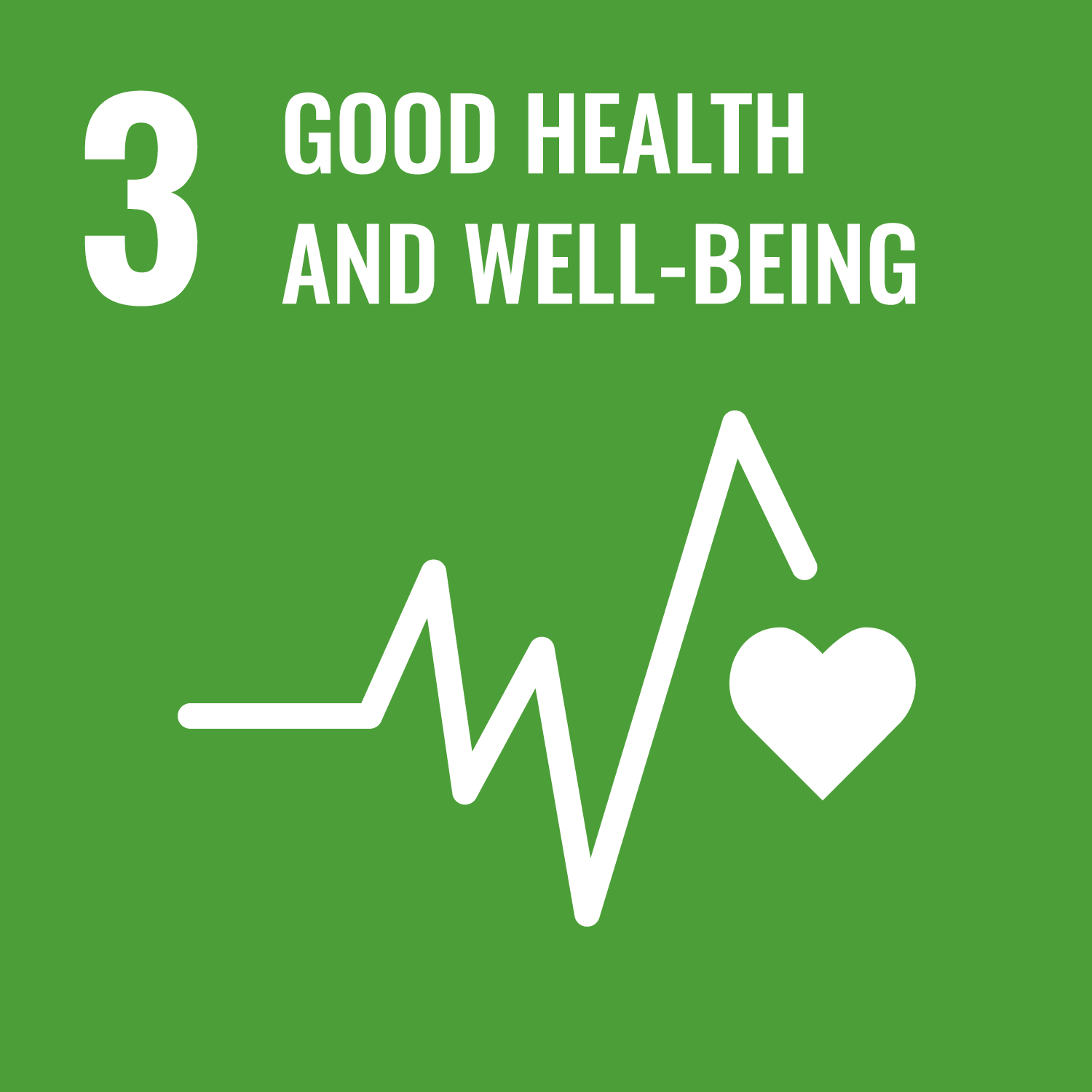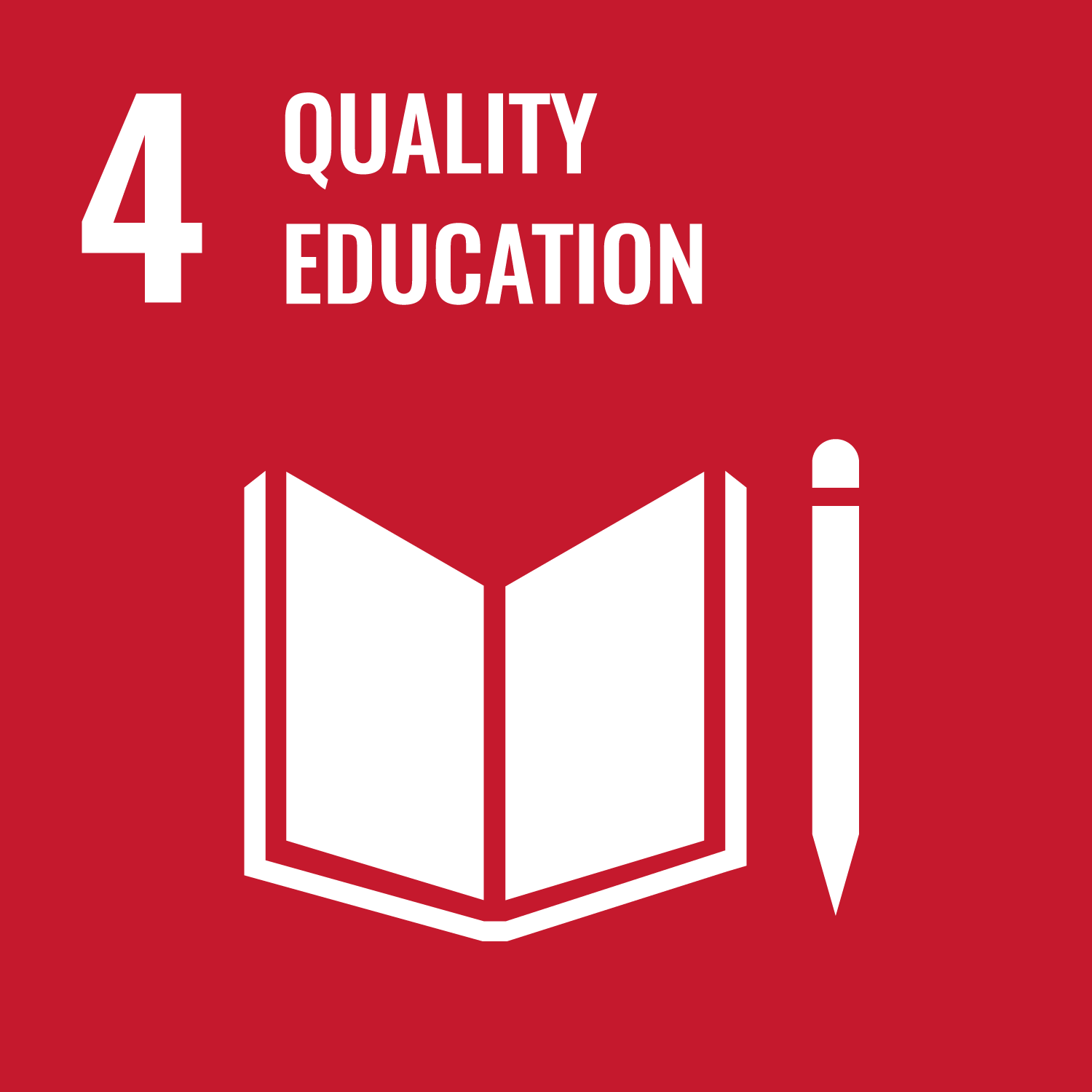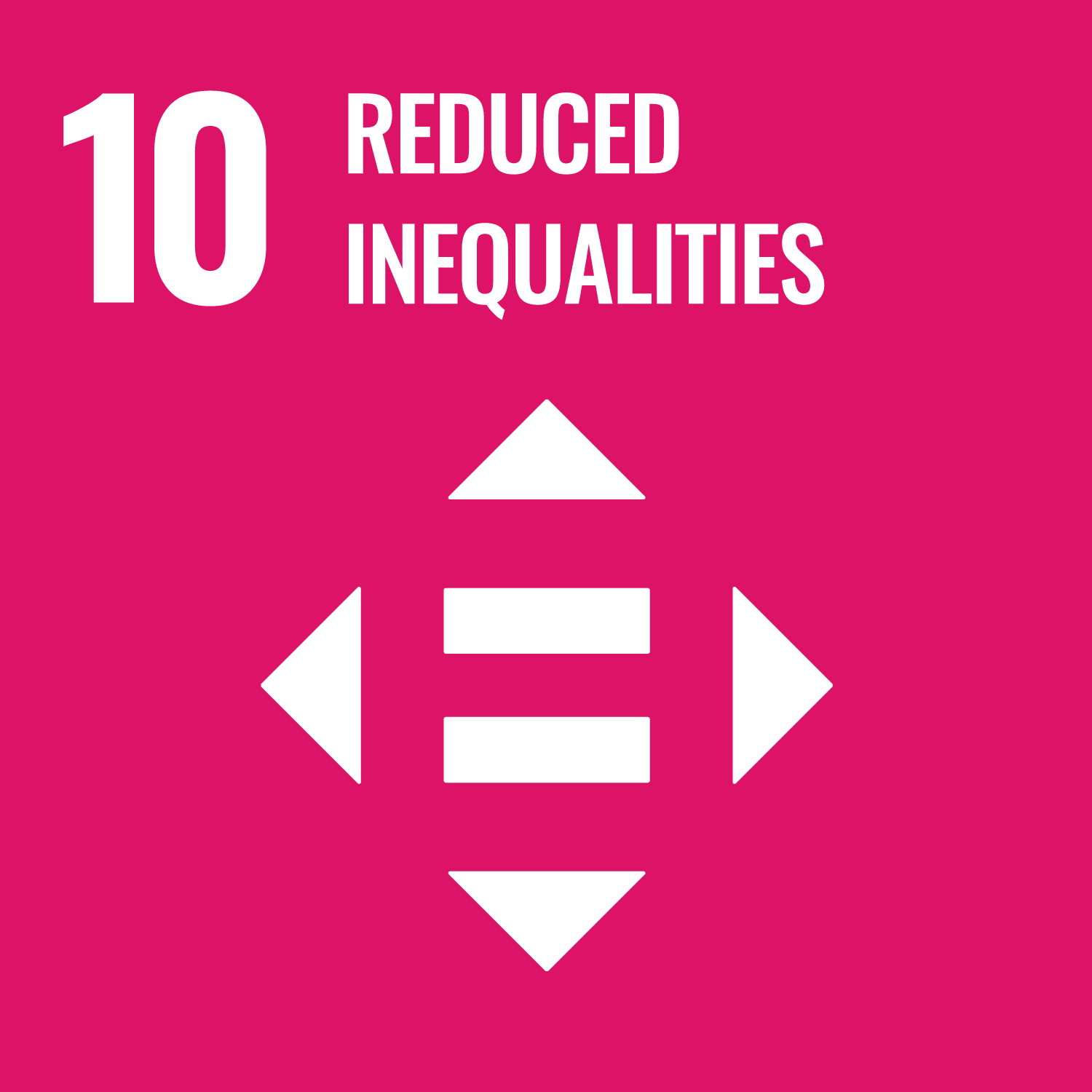Researchers create an app that assesses and treats social communication skills in children aged 5 to 12
PleaseApp is aimed at professionals working with children with neurodevelopmental disorders
PleaseApp, an app that aims to assess and treat pragmatic and social communication skills in children aged 5 to 12, has been developed by researchers at the Universitat Oberta de Catalunya (UOC) and the Universitat Jaume I (UJI) and is now available online.
This innovative digital tool, published by Hogrefe TEA Ediciones, is aimed at psychologists, speech therapists and other specialists working with children with neurodevelopmental disorders, and especially those with difficulties with pragmatic and social communication. The app has interactive activities set in everyday situations like the zoo, the cinema or the beach, and lets users accurately assess how children understand and use language in social situations.
“PleaseApp has been tested with children to detect age-appropriate pragmatic and social communication skills, as well as issues across eight levels of comprehension”
"Our innovative method allows us to obtain a specific or dynamic perspective of each child's abilities, thereby providing useful information for planning subsequent interventions that meet their real educational needs," explained Alfonso Igualada, a researcher in the Cognition and Language Research Group (GRECIL), part of the Digital Health, Health and Well-being Research Unit, and a member of the UOC's Faculty of Psychology and Education Sciences, and the UJI researchers Clara Andrés and Raquel Flores.
From assessment to intervention
The app is organized into two complementary pathways: the assessment, which provides an initial profile of strengths and weaknesses in various areas of pragmatics, and the intervention, which includes activities adapted to specific needs to foster progress in underdeveloped areas. An extract from the manual and an interview with the researchers who developed the app is available for consultation on the app's website.
The app has been tested with children with and without neurodevelopmental disorders, identifying whether the child had age-appropriate pragmatic and social communication skills, and determining which particular problems they present at eight different levels of comprehension: figurative language, narrative structures, reference expressions, verbal and visual humour, complex communicative intentionality, interpretation of indirect speech acts, gesture-speech integration, and appropriate use of forms of courtesy.
One of the main contributions of PleaseApp is its comprehensive approach, which takes in multiple skills linked to the development of pragmatic abilities in childhood. It has also been designed with an appealing and interactive digital format to increase the motivation of the children assessed, and to facilitate its use by professionals. It also lets users directly assess children's ability to understand in terms of language pragmatics.
This project is aligned with the UOC's research missions: lifelong education, ethical and human-centred technology, and digital health and planetary well-being. The research also contributes the following UN Sustainable Development Goals (SDGs): 3. Good Health and Well-being; 4. Quality Education; and 10. Reduced Inequalities.
Related publications
Andrés-Roqueta Clara, Flores-Buils Raquel, Igualada Alfonso. Validation of PleaseApp: a digital tool for the assessment of receptive pragmatic abilities in children with neurodevelopmental disorders. Frontiers in Psychiatry. 2024. DOI: 10.3389/fpsyt.2024.1329022
Andrés-Roqueta, C., Flores-Buils, R. and Igualada, A. (2025). PleaseApp. Evaluación e Intervención de la Pragmática. Hogrefe TEA Ediciones.
Research at the UOC
Specializing in the digital realm, the UOC's research contributes to the construction of future society and the transformations required to tackle global challenges.
Over 500 researchers and more than 50 research groups make up five research units, each with a mission: Culture for a critical society, Lifelong education, Digital health and planetary well-being, Ethical and human-centred technology and Digital transition and sustainability.
The university's Hubbik platform fosters the development of UOC community knowledge transfer and entrepreneurship initiatives.
The goals of the United Nations 2030 Agenda for Sustainable Development and open knowledge are strategic pillars that underpin the UOC's teaching, research and knowledge transfer activities. For more information, visit research.uoc.edu.
Experts UOC
Press contact
-
Leyre Artiz



